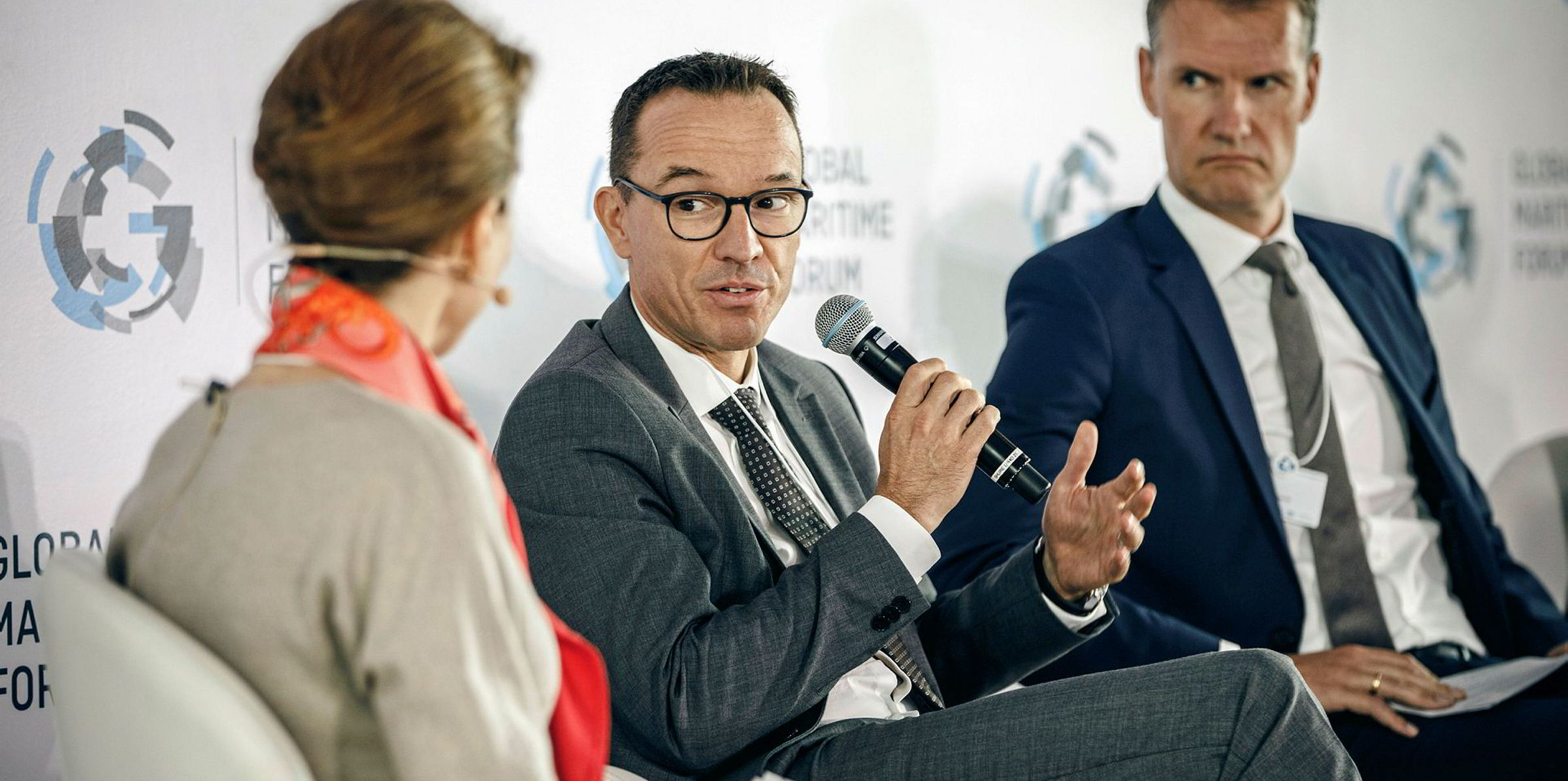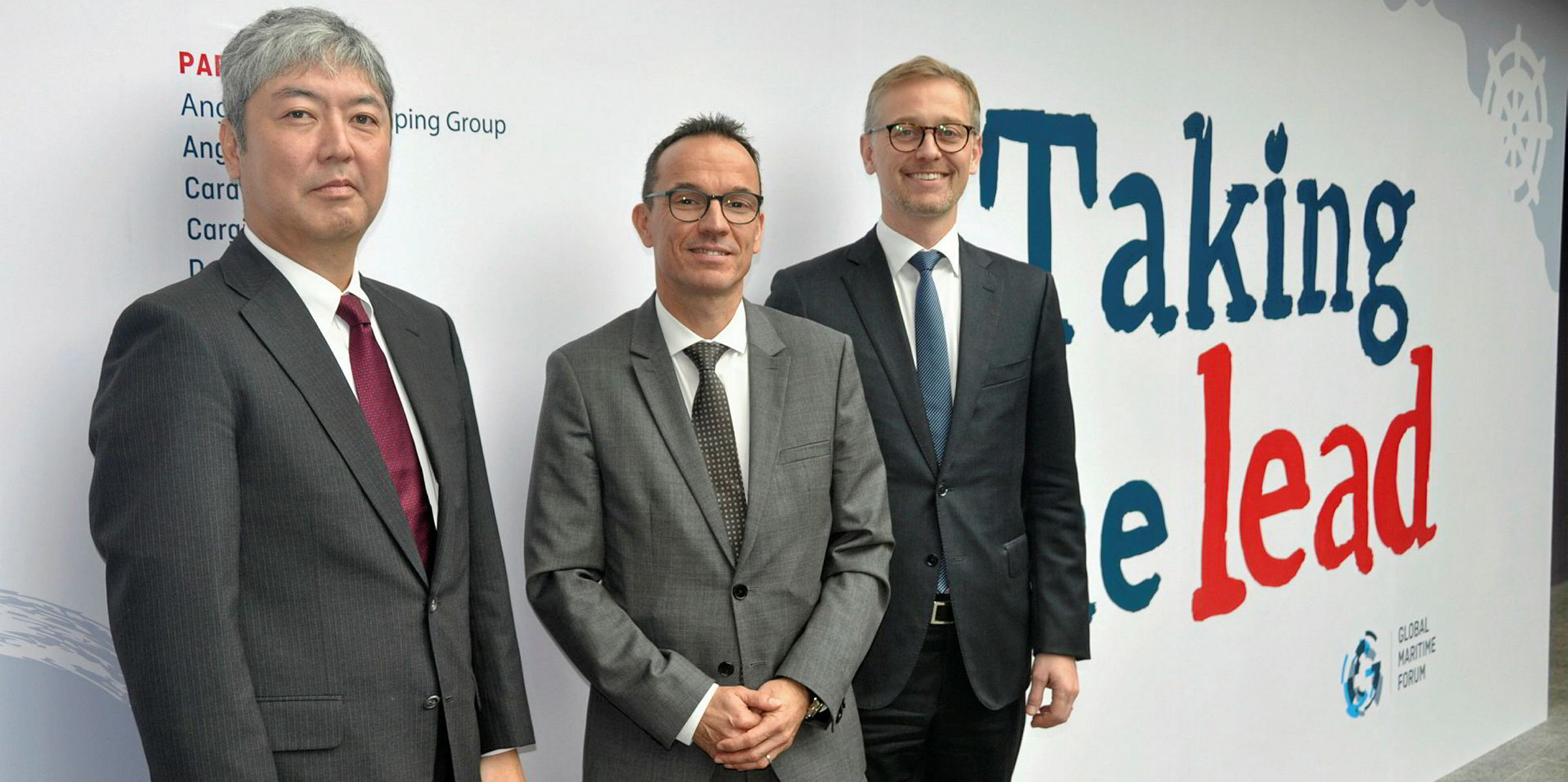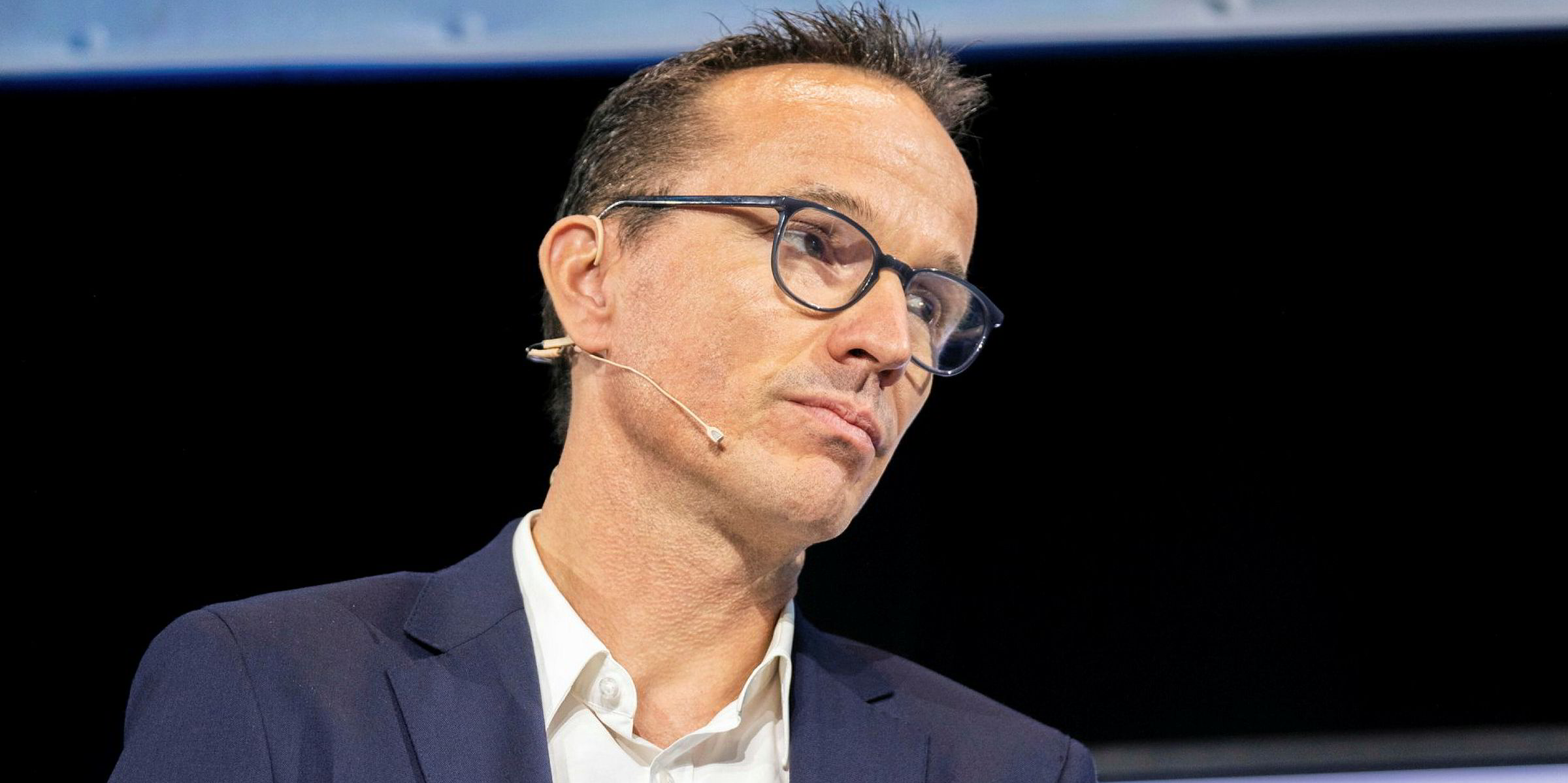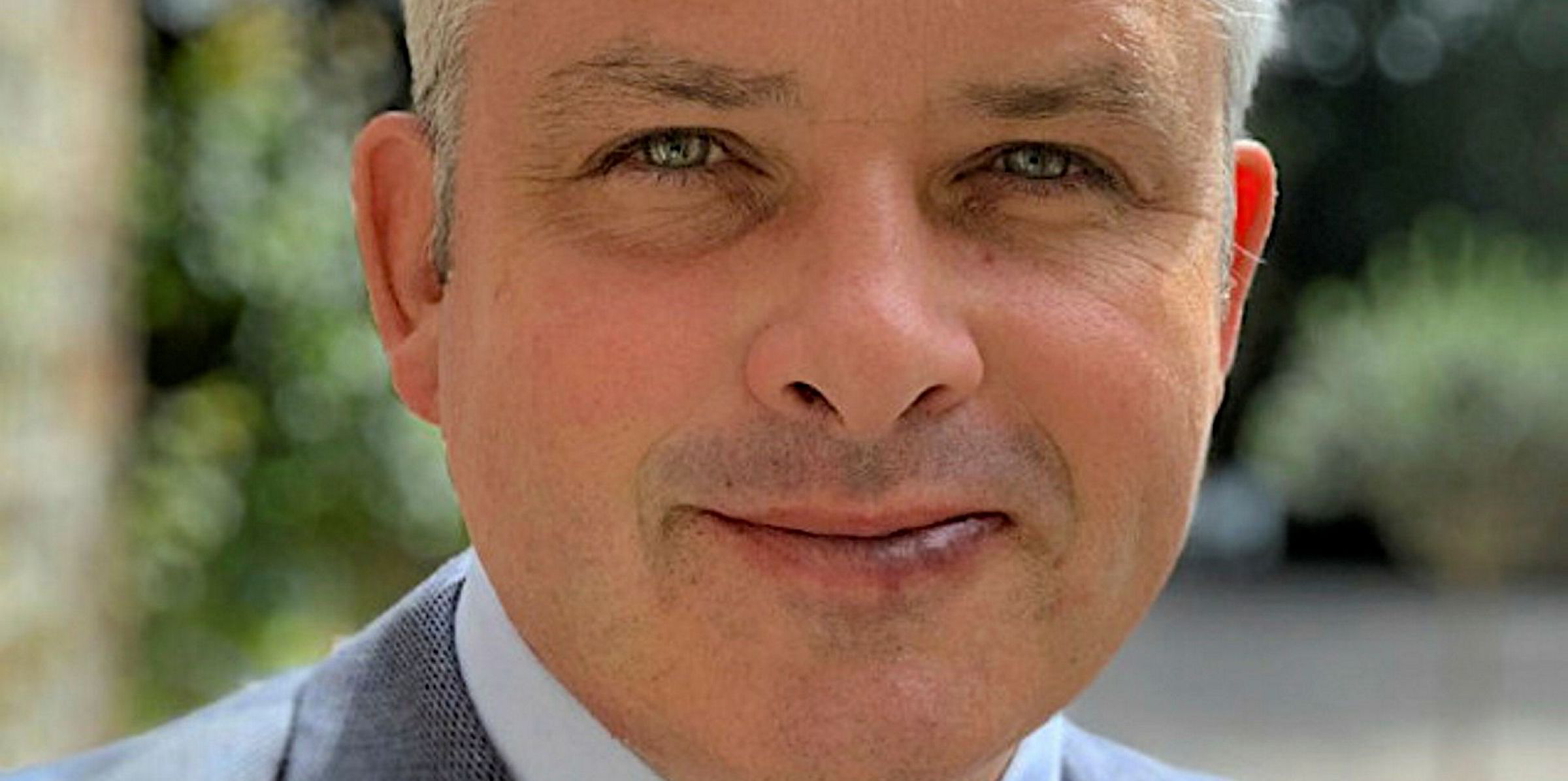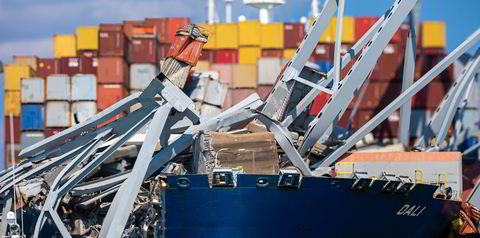Cargill, one of the world’s biggest dry bulk charterers, is leading calls for standardisation of measuring carbon emissions after it put right inconsistencies in its own reduction figures.
The privately-held agricultural products giant said carbon emissions from the fleet of 616 ships it chartered in 2019 rose slightly year-on-year due to more accurate greenhouse gas accounting and a slight shift in its trading fleet to smaller sizes.
Jan Dieleman, business leader of its Cargill Ocean Transportation division, said: “There is a clear need for standardised reporting in emissions.
“This is still a good story to tell despite the limited movement,” he told TradeWinds. “This is not a marketing tool; this is about creating real change.”
Dieleman hopes that an initiative he is leading within the Global Maritime Forum will later this year agree a "charterers' charter" to help drive emissions cuts, similar in impact to the Poseidon Principles for ship financiers.
High-profile commitment
Cargill has taken a high-profile position in recent years by making a commitment to cut carbon emissions from its fleet by 15% by the end of this year from a 2016 benchmark.
By the end of 2018, Cargill said it had cut CO2 emissions per cargo tonne mile across all vessel sizes by 12.1% against its 2016 starting point.
However, more auditing of its CO2 accounting measures had revealed “data source issues”, the company said in its recently published third annual sustainability report. Classification society DNV GL continued to independently review Cargill's methodology.
As a result, the company said it now calculated the aggregate cut to the end of 2019 was only 4.8% since 2016.
Another contributing factor was an overall 0.8% rise in carbon emissions and fuel consumption by its fleet in 2019 on a year earlier, which saw it charter 71 capesize bulkers on average, slightly fewer than in the previous two years, and in their place smaller vessels. Of the 616 ships chartered on average throughout 2019, 48 were tankers.
Andrew Barker, global head of operations and sustainability lead for Cargill Ocean Transportation, said: “Our emissions were up nearly 1%, but our activity was up 4%, which shows the impact of our work.
“Without our actions, emissions would have been much higher.”
Complex process
In the sustainability report, Cargill said: “The more we work on this, the more we learn, and the more we realise that emissions reporting is a complex process. It is also essential that data is collected and analysed consistently from one report to another.”
Dieleman said it was clear there were a plethora of varying standards used by different companies and organisations.
“Some people still continue to leave out the ballast leg,” he said.
Companies need to be very clear, analyse by ship segment.
“But it’s the trajectory that’s important,” he said.
Cargill said it uses a series of indicators that track vessel selection and design, operations, logistics and technical details to ensure the most accurate, transparent and stable methodology possible.
Charterers' charter
Dieleman said he advocated a need for a standard emissions reporting process, and that progress within the Global Maritime Forum was constructive.
“We had a video meeting in March with around 40 people, so we hope that we may agree something by late summer,” he said. “We are trying to be pragmatic and link the charterers’ principles to the IMO trajectory.”
Last December, Cargill upped its target to reduce greenhouse gas emissions by 30% per tonne of product across its supply chains by 2030 from a 2017 baseline.
The so-called Scope 3 goal adds emissions from the group’s suppliers and customers add to the Scope 1 and 2 goals around its own processes and energy purchases.
